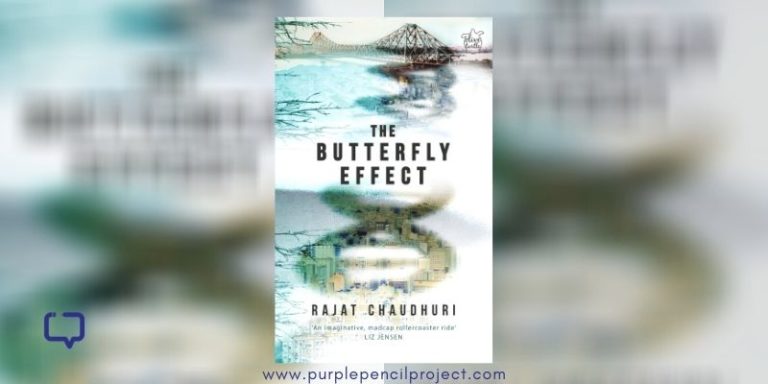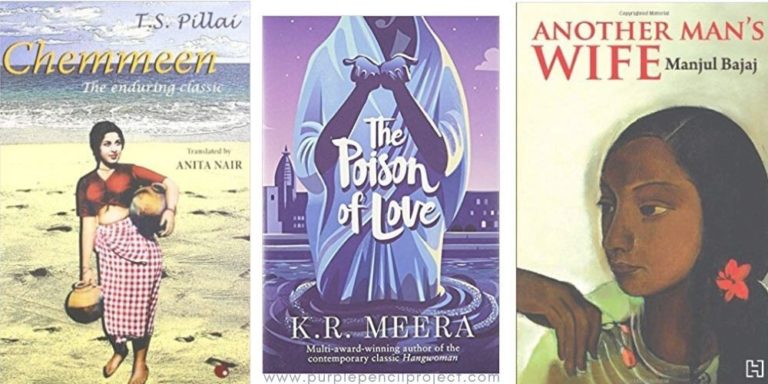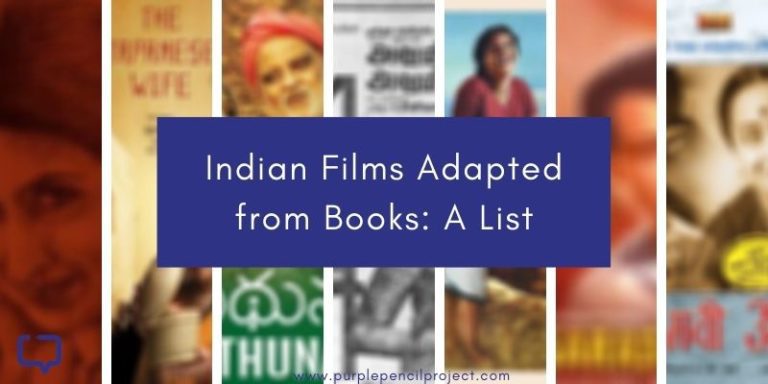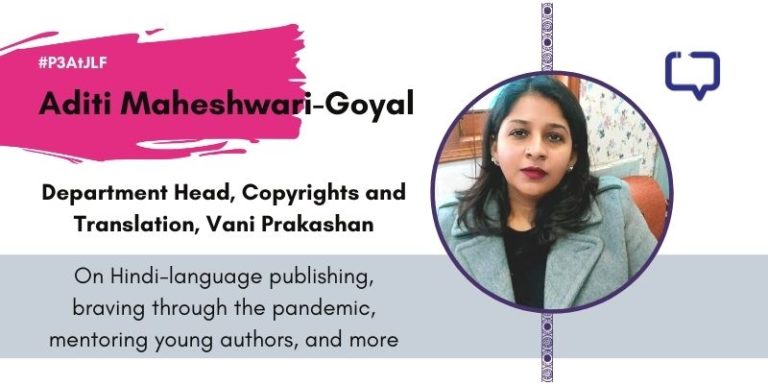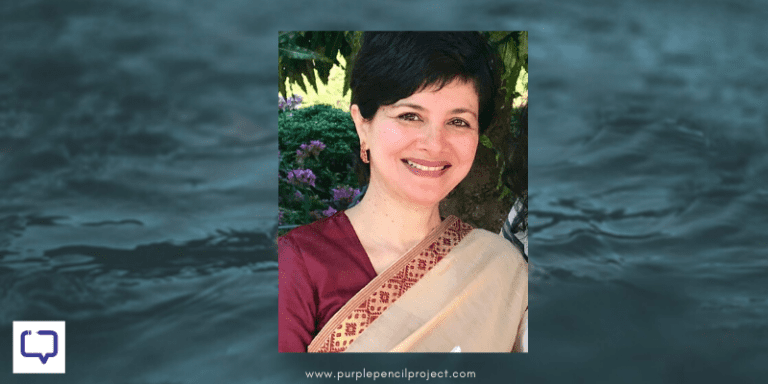Published in the subcontinent as Chats with the Dead, Shehan Karunatilaka’s brilliant and damning novel about Sri Lanka of the late 1980s was revised for the Western crowd and published as The Seven Moons of Maali Almeida. The latter now finds itself in this year’s Booker Prize Shortlist (going on to win the prize!), and deservedly so.
We encourage you to buy books from a local bookstore. If that is not possible, please use the links on the page and support us. Thank you.
What happened to Maali Almeida?
Where do the souls of the dead go? The same place a flame goes when you snuff it, the same place a word goes when you say it. Or so thought Maali Almeida, the gay wartime photojournalist from Colombo, before he found himself dead and his own soul, confoundingly, stuck in front of a desk at the office of the afterlife: a place of confusion in between death and The Light. In this In Between bureau, every soul gets seven nights before they can walk into The Light, and that is all the time Maali has to solve the mystery of his own murder, which his memory seems to have blocked out.
Set in 1989, a violent time in the history of Sri Lanka, where civil wars were being fought on three fronts, and there was no single enemy. The mystery of Maali’s death assumes the shape of a political thriller with elements of a ghost story, a dark comedy, and even a love story after a fashion.
Ticking All the Boxes of Booker Prize
In The Seven Moons of Maali Almeida, Karunatilaka employs history, mythology, and a gambler’s penchant for probabilities and symbolism not only to solve the murder mystery of the dead photojournalist but also greater philosophical mysteries of life, the universe and everything, such as, whether what we do with our lives makes any difference in the grand scheme of things, whether an honest politician is as mythical as God, whether free will exists, whether, despite all the evil deeds of humans in the night, the hope to see a beautiful sunrise is worth living for.

For me, this Booker Prize-winning is a whimsical and poignant book that took me through a whole gamut of emotions: it kept me at the edge of my seat, gave me goosebumps, made me laugh out loud, and made me think that human beings should just go extinct and then rethink the gift that is life. It reminded me that our lives, however small and insignificant, still amount to something and that every death is significant. And as Maali realizes towards the end of this unusual tale, that is the kindest thing you can say about life. It’s not nothing.
But All That Gore!
While The Seven Moons of Maali Almeida is peppered with the right amount of sex, drugs and rock and roll (full marks for the pop-culture references to Elvis and Freddie Mercury: The King and the Queen), it is, after all, a Civil War novel, and replete with explicit imagery of all its horrors. If all that gore isn’t for you, then perhaps this Booker Prize winner isn’t for you.
Conclusion
The Seven Moons of Maali Almeida is a book that begins with death, speaks about death, and ends up affirming life in the most unexpected way. This Booker Prize winner is not only the story of Sri Lanka four decades ago but of every land ravaged by internal and external wars, where the sun still rises, people still fall in love, new life continues to be born, and poets still write their songs.
Best Quotes:
‘Epicurus thought God was either impotent or malevolent. If he is willing and able to stop evil, why doesn’t he? But there is one possibility unexplored by the great Greek.’
‘That God is absent?’
‘No.’
‘That God is distracted?’
‘Nehi! God is incompetent. He is willing to prevent evil. He is able to prevent it. But he’s just badly organised.’
‘You mean he navel-gazes like the rest of us.’
‘I mean he’s always late, and cannot prioritise.’
You pass a billboard for a dead politician and wonder why some humans get billboards and some don’t even get graves. In all this madness, there is only one beast whose existence you doubt. And you are not thinking of God, also known as Whoever. You are thinking of that most impossible of all mythical creatures: the Honest Politician.
‘This island has always been connected. We traded spices, gems and slaves with Rome and Persia long before history books were invented. Our people too have always been tradable. Look at today. The rich send their kids to London, the poor send their wives to Saudi. European paedophiles sun on our beaches, Canadian refugees fund our terror, Israeli tanks kill our young and Japanese salt poisons our food.’











